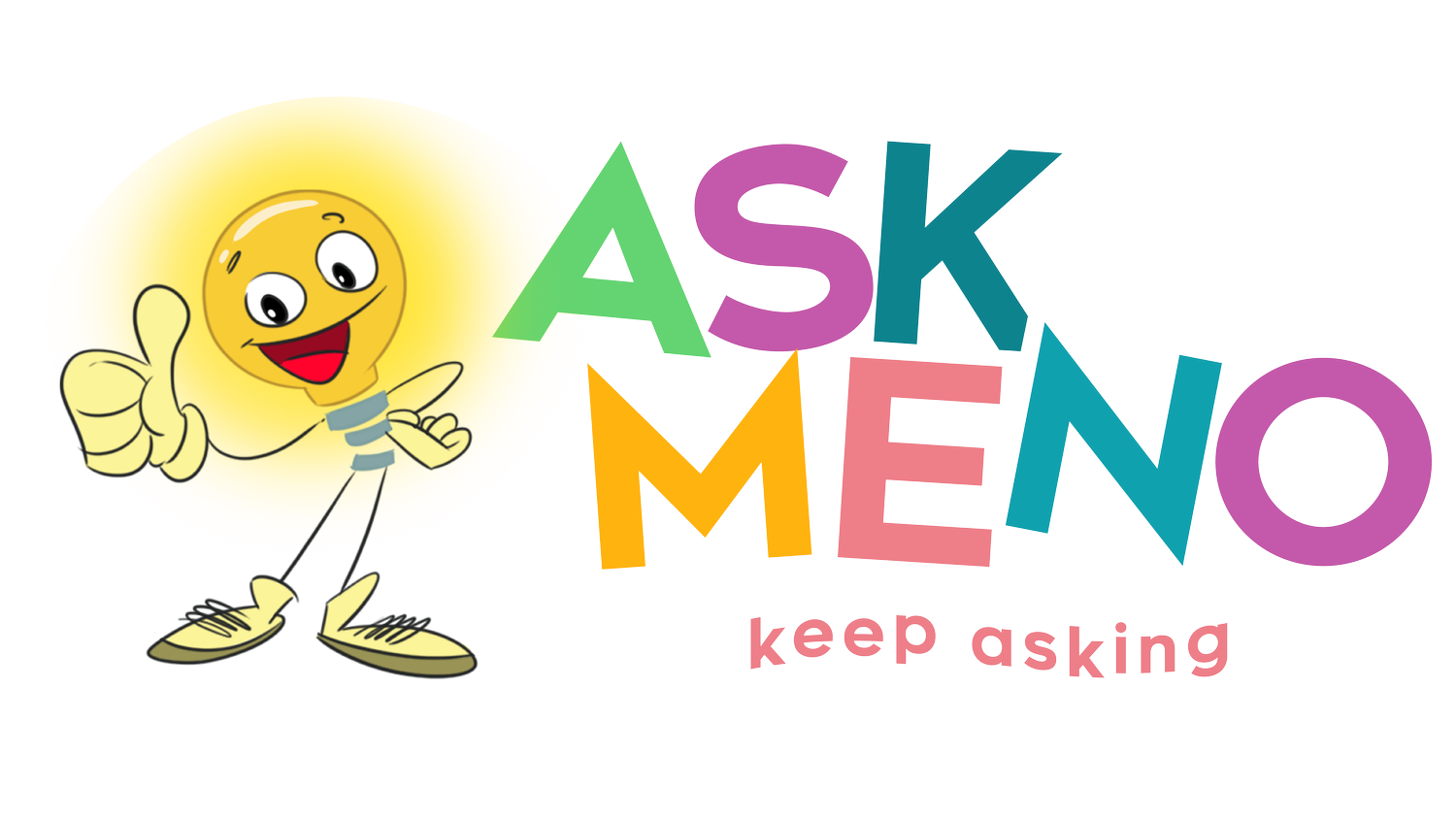Early Literacy Instructional Infrastructure
While districts are knee-deep in implementing new Science of Reading (SoR) policies, the concept of supportive instructional infrastructure is proving itself to be a necessity in districts that want to see long-term success. What is it? It is focusing change on:
A system-level approach > micro-level individual approach.
Rather than change being driven by individual teachers, researchers identified 3 macro-level changes that must be implemented simultaneously¹:
1️⃣ Updated supplemental and core curriculum and assessments that align with SoR
2️⃣ Curriculum-aligned PD
3️⃣ District and site leadership being included in SoR PD
“I served in a rural district (Rockingham County Schools), an urban district (Baltimore City), and a district with a mix of urban, suburban, and rural (Guilford County), and my insight was the same across systems: curriculum—paired with aligned professional development (a must!)—was the best lever I had for improving instruction.”²
With teachers spending an average of 12 hours per week sourcing/creating class materials, there is an obvious need to better equip teachers, but it starts at the leadership level.³
💡 70% of states implementing new Science of Reading (SOR) policies focus on teacher PD, while only 37% bring equal focus to leadership PD and 35% to curriculum.⁴
Researcher Callie Lowenstein points out the need to ensure reading specialists, coaches, and coordinators are involved in this plan too.⁵ It’s not uncommon for leadership to fall behind in completing their updated SoR training. Like the game of telephone, messages can get lost in the chain of communication if leadership and coaches aren't using the same language.
Here’s Lowenstein's call to action:
“Leaders must balance taking a comprehensive approach—perhaps guaranteeing at least one in-depth PD cycle per year on each of the two major strands of the rope (word recognition and language comprehension), and one on writing too—without pushing too much too fast.”⁵
Implementing these changes while also making room for the unique strengths of educators and their specific knowledge of students makes for a powerful recipe for sustainable learner success.
—--
Sources:
¹https://www.shankerinstitute.org/blog/readinginfrastructure
²https://curriculummatters.org/2019/05/28/curriculum-is-misunderstood-lets-overcome-that-in-service-of-equity/
³https://www.prnewswire.com/news-releases/two-new-mdr-research-reports-from-the-ednet-k-12-market-series-reveals-rapid-changes-in-educational-technology-and-the-relationship-between-k-12-educators-and-the-education-industry-300401962.html
⁴https://www.shankerinstitute.org/sites/default/files/2023-07/ReadingReform%20ShankerInstitute%20FullReport%20072723.pdf
⁵https://www.shankerinstitute.org/blog/reading-reform-ground-how-sor-policy-showing-schools
About AskMeno
AskMeno is dedicated to helping early-childhood leaders build the foundational oral language and social skills necessary for their young scholars’ reading comprehension and emotional wellbeing. AskMeno provides a play-based, teacher-facilitated supplemental curriculum that systematically and explicitly develops oral language and social skills through scaffolded, fun, and engaging learning activities.






